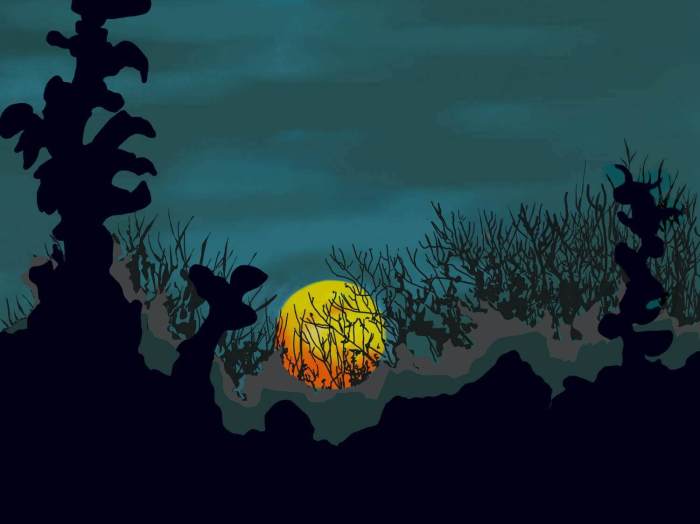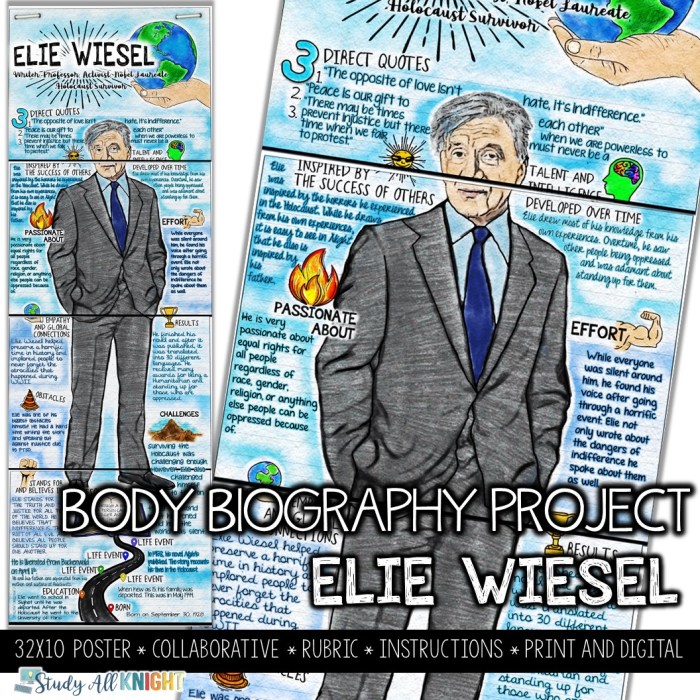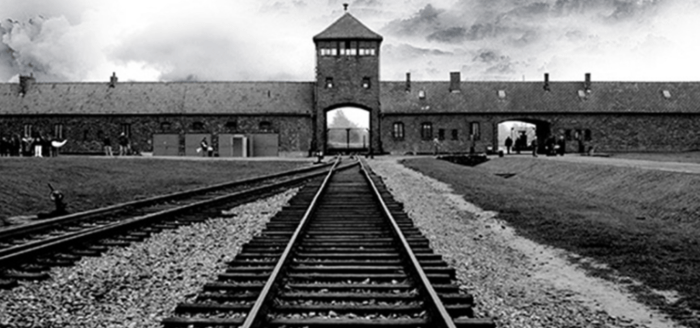Embark on a thought-provoking journey with our Night by Elie Wiesel quiz. Dive into the depths of this seminal work, examining its themes, characters, and the horrors of the Holocaust.
Through insightful questions, we delve into the complexities of Elie Wiesel’s powerful narrative, exploring the human capacity for both good and evil, and the enduring legacy of one of history’s darkest chapters.
Elie Wiesel: Night By Elie Wiesel Quiz

Elie Wiesel was born in Sighet, Transylvania (now Romania), in 1928. His childhood was marked by the rise of Nazism in Europe. In 1944, when Wiesel was 15 years old, his family was deported to Auschwitz concentration camp. Wiesel and his two older sisters survived the camp, but his parents and younger sister did not.
After the war, Wiesel immigrated to the United States and became a writer and lecturer. He has written over 50 books, including the acclaimed memoir Night, which recounts his experiences in Auschwitz. Wiesel has also been a vocal advocate for Holocaust remembrance and human rights.
Witness and Advocate
As a survivor of the Holocaust, Wiesel felt a profound responsibility to bear witness to the atrocities he had witnessed. He believed that it was important to remember the Holocaust so that such horrors would never happen again. Wiesel also spoke out against all forms of intolerance and oppression, and he became a leading voice for human rights around the world.
Impact of Writings
Wiesel’s writings have had a profound impact on the understanding of the Holocaust and its lessons. His memoir Nighthas been translated into over 30 languages and has sold millions of copies. It has been used in schools and universities around the world to teach students about the Holocaust.
Wiesel’s other writings have also been widely read and have helped to raise awareness of the Holocaust and its victims.
Night’s Literary and Historical Significance

Night is a seminal work of Holocaust literature, widely recognized for its profound literary and historical significance. Elie Wiesel’s evocative prose, use of symbolism, and vivid imagery have established Night as a timeless testament to the horrors of the Holocaust.
After delving into the depths of Elie Wiesel’s harrowing tale in “Night,” you may find yourself seeking solace in the poignant words of Gary Soto’s “Born Worker.” Discover the free PDF version of this literary gem to explore themes of identity, family, and the enduring spirit amidst adversity, as you continue to grapple with the profound lessons learned from “Night.”
Literary Techniques
Wiesel employs various literary techniques to convey the unspeakable horrors of the Holocaust. Symbolism permeates the novel, with the darkness and cold representing the oppressive atmosphere of the camps. Imagery, such as the vivid descriptions of the emaciated bodies and the stench of burning flesh, creates a visceral and unforgettable experience for the reader.
Foreshadowing also plays a crucial role, hinting at the tragic events to come, creating a sense of impending doom.
Contribution to Holocaust Literature
Night has made an invaluable contribution to Holocaust literature. It was one of the first works to depict the Holocaust from the perspective of a child, offering a unique and deeply personal account of the horrors experienced. Wiesel’s unflinching honesty and refusal to sugarcoat the atrocities have challenged readers to confront the depths of human depravity.
Historical Significance, Night by elie wiesel quiz
As a historical document, Night stands as a powerful testament to the horrors of the Holocaust. Wiesel’s firsthand account provides invaluable insights into the experiences of Jewish prisoners, the brutality of the Nazi regime, and the resilience of the human spirit in the face of unimaginable suffering.
Night has served as an essential tool for educating generations about the Holocaust and its lasting impact.
Night’s Educational Value

Night serves as an invaluable educational tool for understanding the Holocaust and its far-reaching implications. It offers a firsthand account of the horrors endured by victims, fostering empathy and critical thinking in students.
Educational Resources
Numerous educational resources based on Night are available:
- Study Guides: LitCharts , SparkNotes
- Lesson Plans: Facing History and Ourselves , United States Holocaust Memorial Museum
- Documentaries: Auschwitz: The Nazis and ‘The Final Solution’ , Night by Elie Wiesel
Teaching Tool for Understanding the Holocaust
Night provides a powerful narrative that helps students grasp the complexities of the Holocaust. By reading about Elie Wiesel’s experiences, they witness the horrors of Nazi concentration camps and the devastating impact on human lives.
Fostering Critical Thinking and Empathy
Night encourages students to think critically about the causes and consequences of prejudice and intolerance. It challenges them to confront difficult questions about human nature and the limits of human endurance. By fostering empathy, the novel helps students develop a deep understanding of the suffering endured by Holocaust victims.
Helpful Answers
What is the significance of the title “Night”?
The title symbolizes the darkness and despair experienced by the characters during the Holocaust.
How does Elie Wiesel’s personal experience as a Holocaust survivor influence the novel?
Wiesel’s firsthand account lends authenticity and depth to the narrative, providing a powerful and moving portrayal of the horrors he witnessed.
